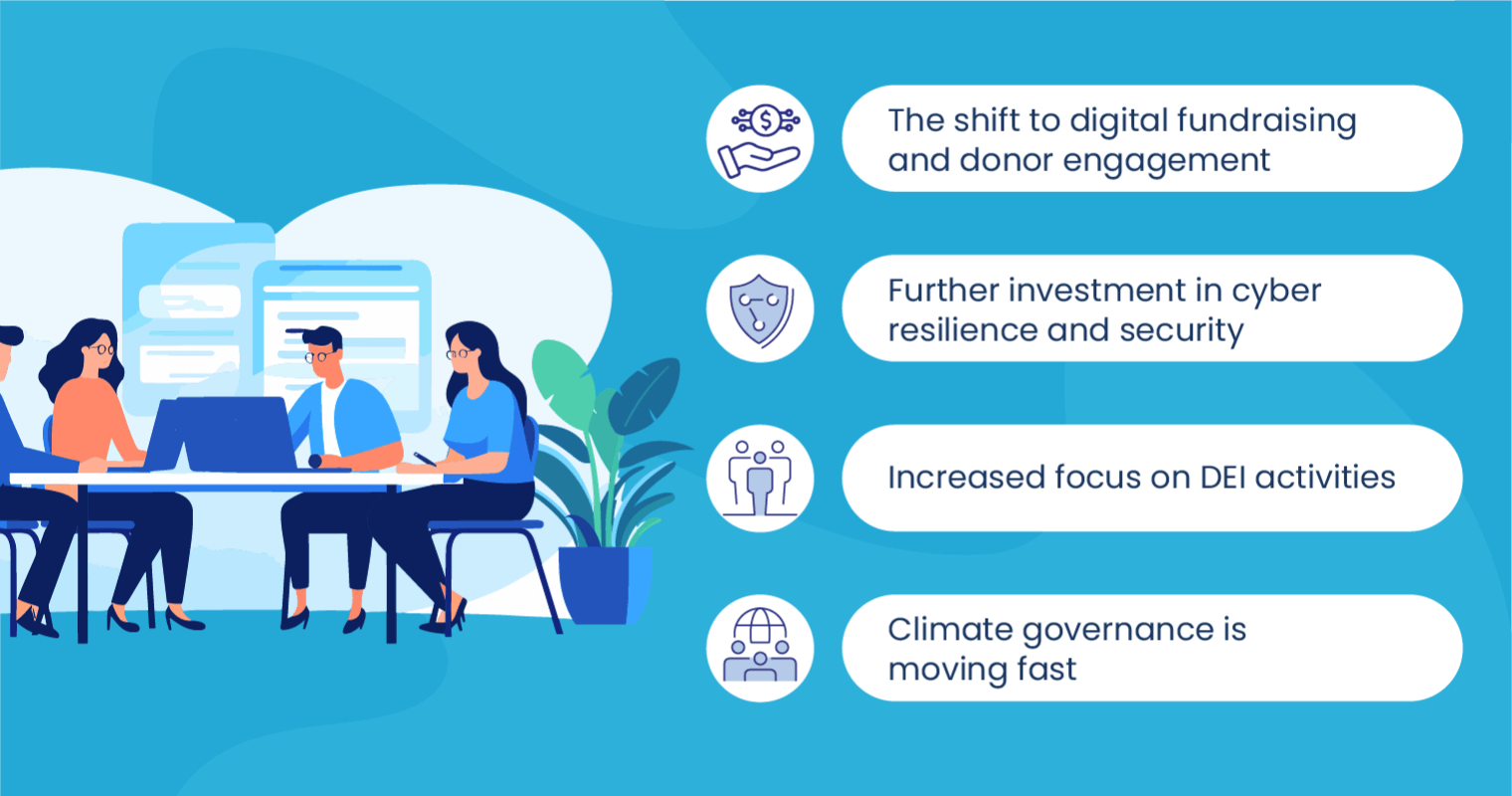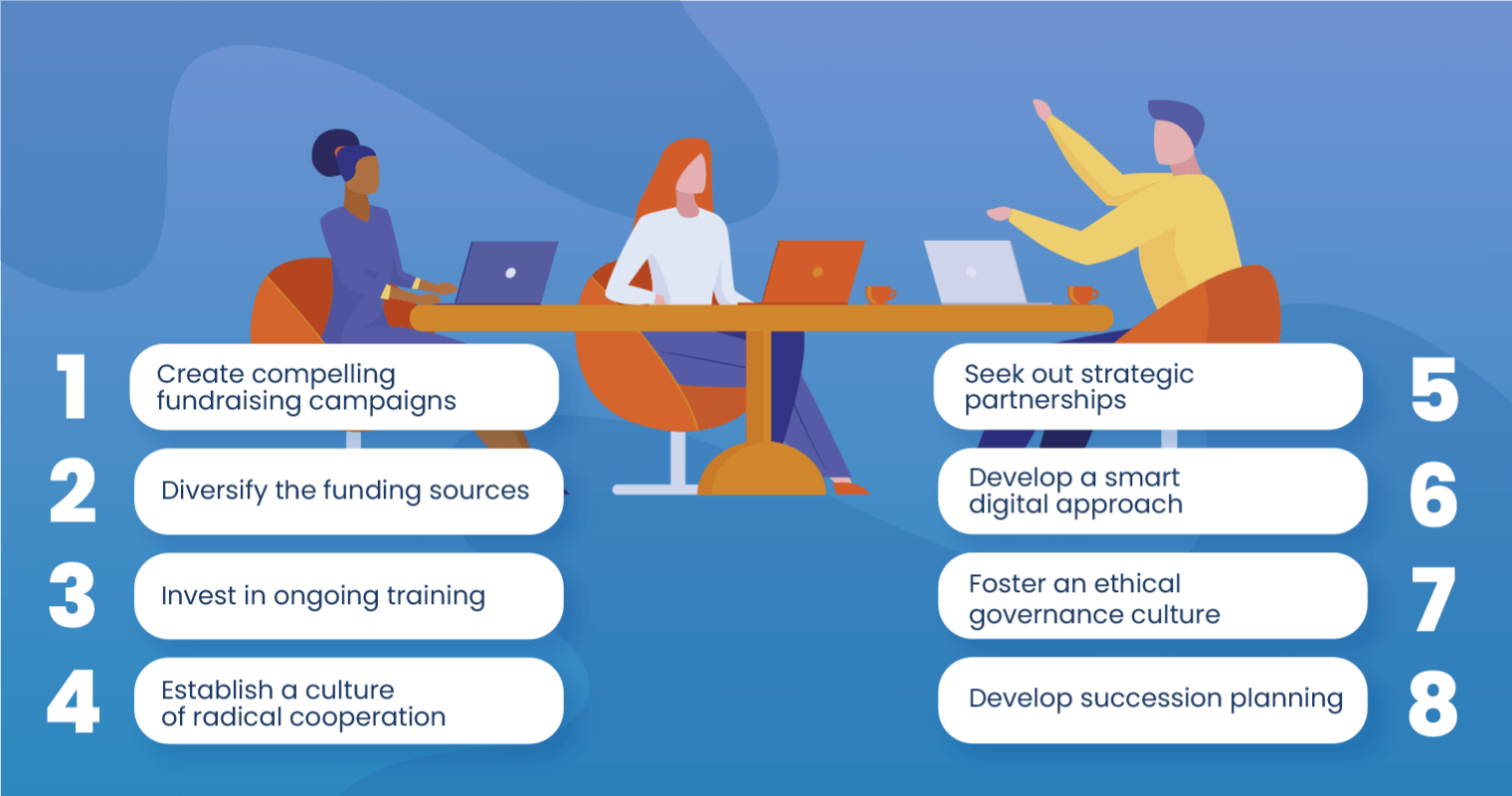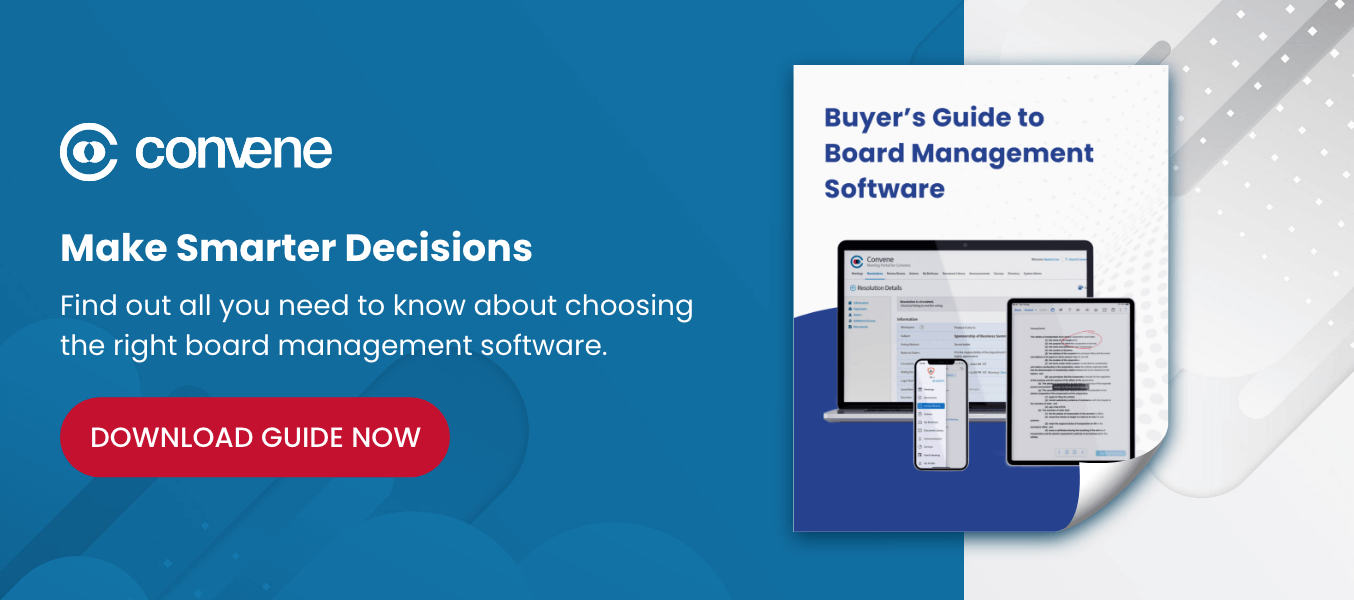It is evident how the Australian not-for-profit section has been a standing pioneer when it comes to advocating for positive change. With over 59,900 registered charities and 3.2 million volunteers, the country’s NFP sector is expected to have a revenue total of $225.9 billion in 2024-2025, according to the recent Charities and Not-for-Profit Organisations in Australia – Market Research Report.
Australia’s NFP sector comprises charities of different sizes — from small community groups to large international aid organisations. Small charities account for 65% of the scale of Australia’s NFP’s operations, while 18.9% are from large organisations and 16.1% from medium charities.
Charitable Giving Remains Stable in Australia Despite Economic Uncertainty
In recent years, the global economy has faced several challenges, ranging from energy and food crises to surges in inflation. Yet despite uncertain economic times, Australia’s charitable giving remained consistent over the past seven years — with 75% of surveyed Australians donating annually as of 2024.
Donation bases, however, are seeing a considerable shift — the growing trend being donors moving from committed giving patterns towards more spontaneous, need-driven giving. In the survey, 58% are opportunity givers (those who give when they hear about a need or are approached for a donation), and 42% are committed givers (individuals who donate semi-regularly or more frequently). As of 2024, the average donation per person is $427, an increase from $423 in 2023.
The shift towards spontaneous giving highlights why the NFPs need to be agile and responsive in their fundraising efforts — to seize such opportunities and capture more donor interest. To thrive, NFPs should also extend their efforts to understanding donor behaviours, preferences, and triggers for giving. Moreover, organisations that effectively respond to trends are also said to be more equipped to sustain financial growth and meet their goals, so here are some current and future trends to watch out for.
2024-2025 Trends Shaping Australia’s Not-for-Profit Sector

1. The shift to digital fundraising and donor engagement
Solely relying on traditional outreach methods is no longer a working approach for NFPs in Australia. From conventional fundraising activities, not-for-profits in the country are shifting some of their efforts to virtual donor engagement initiatives and online fundraising platforms.
In the 2023 Digital Technology in the Not-for-Profit Sector report, 22% of organisations said their systems allow them to understand the impact of their services and 38% reported they have a technology plan or digital transformation strategy in place. This trend in building a digitally capable NFP sector also prompted the prioritisation of online engagement with donors and volunteers. In fact, 71% of organisations use two or more platforms to accept donations, with 24% prefer online donations due to their convenience.
Investing in digital technology allows NFPs to broaden their outreach and donor opportunities. Moreover, this can streamline their operations, including donor and volunteer management, fundraising efforts, and impact reporting.
2. Further investment in cyber resilience and security
As years pass, cyber threats are just increasing and becoming more destructive. In the 2023-2030 Australian Cyber Security Action Plan, the Government announces that they’re shifting cyber from a technical topic to a whole-of-nation endeavour. The plans also highlight strategies to address gaps in the cyber shields of businesses and the entire region. Some of these are creating cyber health checks and a ransomware playbook, expanding the national cyber security awareness campaign, and developing a framework for assessing national security.
The 2023 study by Infoxchange shows that 12% of not-for-profits suffered a cyber security incident in 2023, with multiple reports of high-profile cyber breaches and ransom events. Additionally, the study found that less than 40% of NFPs have multi-factor authentication on their internet-facing systems, and only 13% agree they have a clearly documented plan to improve cyber security protection.
In 2025, NFPs are expected to invest more in cybersecurity training and infrastructure, particularly to protect critical volunteer and donor data. Prioritising cyber resilience allows Australian NFPs to ensure the security of their digital platforms and maintain the trust of supporters.
3. Increased focus on DEI activities
In 2023, Australian companies faced a significant structural worker shortage, and this challenge has also impacted the not-for-profit sector. To boost employment rates and build more inclusive workplaces, organisations are increasing their diversity, equity, and inclusion (DEI) efforts. Prioritising DEI enables NFPs to address the talent gap, as well as connect with a broader, more diverse audience.
In a report by the Australian HR Institute, 84% of HR professionals state that DEI is important to the future success of their organisation. This places DEI in the spotlight of Australia’s NFP sector this year and the next. In 2025, NFPs are expected to actively work on creating more inclusive environments and teams that reflect the communities they serve.
4. Climate governance is moving fast
The Climate Governance Initiative (CGI) is formed to promote effective climate governance across emerging markets and developing economies. With chapters in over 70 countries worldwide, CGI continues to encourage boards and climate governance leaders to move to action to ensure a sustainable future.
The Australian Institute of Company Directors (AICD), which joined as CGI’s host of the Australia Chapter, released its Climate Governance Study 2024 assessing how perspectives and actions on climate governance are evolving among the country’s director community. The study suggests that not-for-profit companies are battling with resource constraints as economic issues bite. However, recent data suggest that they experience the least pressure on climate issues compared to other organisations.
Through the CGI, AICD further encourages non-executive directors to serve as advocates within their boards to achieve net-zero carbon emissions by 2050 or earlier. Not-for-profits are also advised to prepare for more mandatory disclosure requirements and greenwashing scrutiny — with the Australian Securities and Investments Commission (ASIC) and the Australian Competition and Consumer Commission (ACCC) declaring greenwashing as a top enforcement priority for 2024, and possibly for the coming year.
Updated Guidance for Australia’s Not-for-Profit Sector
With the shifting regulatory environment and changing community expectations, not-for-profits in Australia, particularly the boards, are looking for ways to ensure good governance practices. The Australian Institute of Company Directors (AICD), a non-profit membership organisation, developed the Not-for-Profit Governance Principles (Principles) as a publicly available guidance for those involved in the governance of Australian NFPs, including charities.
AICD recently updated its NFP principles to meet the current demands of the governance landscape. The new principles aim to offer clear, actionable insights that boards can follow. Previously ten principles, the now eight principles include:
- Principle 1: Purpose, vision, and strategy
- Principle 2: Roles and responsibilities
- Principle 3: Board composition and effectiveness
- Principle 4: Risk management
- Principle 5: Performance and accountability
- Principle 6: Stakeholders
- Principle 7: Sustainability
- Principle 8: Organisational culture
New ATO Tax Rules and Reporting Requirement for NFPs
At the beginning of 2024, the Australian Taxation Office (ATO) introduced new tax rules requiring NFPs to declare their tax-exempt status for compliance, starting from July 1. Organisations that fail to notify the ATO of their tax exemption status may be required to start paying income tax.
The ATO requires non-charitable not-for-profits, with an active Australian Business Number (ABN), to lodge their annual NFP self-review return to confirm tax exemption status, from the 2023–2024 income year onward. Entities that are not required to lodge their annual returns are a government entity, a charity registered with the Australian Charities and Not-for-profits Commission (ACNC), a State or Territory body, and an NFP sub-entity for GST purposes.
In addition, the ATO is pushing for NFPs to update new associates and authorised contacts prior to preparing the lodgement. This ensures the contact can access the NFP’s tax account and receive tax information from ATO.
Best Practices for Achieving Not-for-Profit Success

Not-for-profit boards are required to maintain compliance and foster good governance to ensure effectiveness — and even ensure they have a positive impact in their communities. To help you with that, here are some best practices that Australian NFP boards should take into account:
1. Create compelling fundraising campaigns
As the reports above suggest, charity giving in Australia continues to be actively supported. However, for NFPs that want to maximise donor engagement, creating compelling and emotionally resonant fundraising campaigns is necessary. Personalise donor outreach using storytelling to showcase real-life examples or messages that speak directly to a donor’s past contributions or values.
In addition, opt for data-driven approaches, like segmenting donors based on giving behaviour, to boost campaign effectiveness. An A/B testing of campaign messages, for instance, can help you identify which resonates the most with different donor segments. Doing so can lead to higher conversion rates and improved donor retention.
2. Diversify the funding sources
Relying on a single revenue stream can leave a not-for-profit vulnerable to financial instability — particularly when funding cycles change or donor priorities shift. This is why NFPs must actively pursue a diversified funding portfolio. Tapping into some of these funding sources would be best:
- Government grants that offer a reliable income but often come with strict reporting requirements.
- Corporate sponsorships which provide not just financial support but also partnership opportunities for awareness and outreach.
- Individual donations through direct appeals, membership programs, and major gift campaigns.
- Crowdfunding on platforms such as GoFundMe or Kickstarter to get small donations.
3. Invest in ongoing training
Promote continuous learning for staff and volunteers by offering training in leadership, digital skills, fundraising, and governance. This can include formal workshops or self-paced courses on volunteer management, mentoring programs for nonprofit law and governance guidance, or tech training covering data analysis or cybersecurity protocols.
Regular upskilling can improve operation efficiency and ensure your organisation can adapt to NFP’s evolving challenges (e.g. in compliance, technology, or fundraising).
4. Establish a culture of radical cooperation
A culture of radical cooperation is about cross-departmental teamwork, transparency, and open communication. This means breaking down silos between departments (e.g. marketing, finance, programs) so that information flows freely and collaboration happens naturally. Encourage regular interdepartmental meetings or cross-functional teams to address issues on operations or donor engagement.
When everyone on the team is aligned with the NFP’s mission and also encouraged to share their ideas, it leads to creative problem-solving and innovative solutions. Empower your team to collaborate around a shared vision.
5. Seek out strategic partnerships
Take time to identify and build partnerships with corporates, government bodies, and other NFPs that align with your mission, so you can expand your reach and impact. These partnerships can be co-branded campaigns to amplify both organisations’ visibility, or shared services like pooling resources for fundraising platforms.
You can also consider joint ventures with other NFPs like partnering on a joint literacy campaign, sharing data, volunteers, and marketing efforts — creating a larger impact than you could achieve individually. Overall, seeking strategic partnerships not only expands your influence but also creates sustainable growth and stronger community ties.
6. Develop a smart digital approach
As the NFP sector continues to move towards digital transformation, developing a comprehensive digital strategy is no longer optional. Artificial intelligence (AI) is one technology used to identify patterns in donor preferences or offer insights into donor behaviour — hence, allowing NFPs to personalise outreach and target high-value prospects more effectively.
As part of the overall approach, you can create donation portals offering multiple payment options to supporters. For donor behaviour and engagement strategies, CRM software can be helpful in tracking donor interactions. Plus, it allows you to send tailored communication, identify donor milestones, or even create targeted campaigns for specific groups of donors.
Moreover, NFPs can invest in tools like board management software to streamline governance activities — such as managing board meetings, sharing confidential documents, and facilitating collaboration with members. Overall, a smart digital strategy can enable NFPs to drive better donor engagement and operational efficiency.
7. Foster an ethical governance culture
What makes an ethical governance culture? A board that practices integrity, transparency, and accountability, while focusing on strategic oversight. You can opt to create a specific governance charter that outlines the ethical standards you want to meet. Conducting regular board evaluations and governance audits is also recommended to check on the weaknesses in the board’s leadership dynamics and decision-making processes.
For not-for-profit boards, having an ethical governance culture means not only complying with legal obligations — it’s also about improving board effectiveness. This involves making transparent, well-informed decisions and holding oneself accountable to stakeholders and the community. Overall, the key elements of good governance that an NFP board should comply with are:
- maintaining high ethical standards,
- reinforcing shared responsibility, and
- promoting a culture of continuous improvement.
8. Develop succession planning
Leadership continuity and stability are critical elements to running an NFP board — and this can be achieved through effective succession planning. This involves identifying and preparing future leaders, may it be board members or executive staff.
Succession plans should cover both short-term emergencies and long-term leadership leadership transitions. Doing so allows NFP boards to avoid disruptions in leadership and be able to maintain organisational stability.
Moreover, the plan must also include contingency plans for critical roles. This ensures the board and its organisation can continue to operate smoothly even during unforeseen circumstances, such as the sudden departure of a key board member or CEO.
Convene: Guiding Australian NFPs to Maintain Compliance and Governance

Maintaining compliance and practising good governance is a significant challenge for Australian NFPs due to their complex regulatory landscape. From managing annual financial reporting to maintaining transparency in operations, many NFPs struggle to keep up — often lacking the administrative capacity to manage such tasks effectively.
Designed to help NFPs streamline compliance and governance processes, the Convene Board Portal offers a suite of powerful collaboration and meeting tools. Trusted by NFPs worldwide, our platform can facilitate a wide range of tasks, from pre- to post-meeting management, document collaboration and approval, to system security preferences.
Book a free demo here and our team will happily schedule it for you!
Jielynne is a Content Marketing Writer at Convene. With over six years of professional writing experience, she has worked with several SEO and digital marketing agencies, both local and international. She strives in crafting clear marketing copies and creative content for various platforms of Convene, such as the website and social media. Jielynne displays a decided lack of knowledge about football and calculus, but proudly aces in literary arts and corporate governance.


